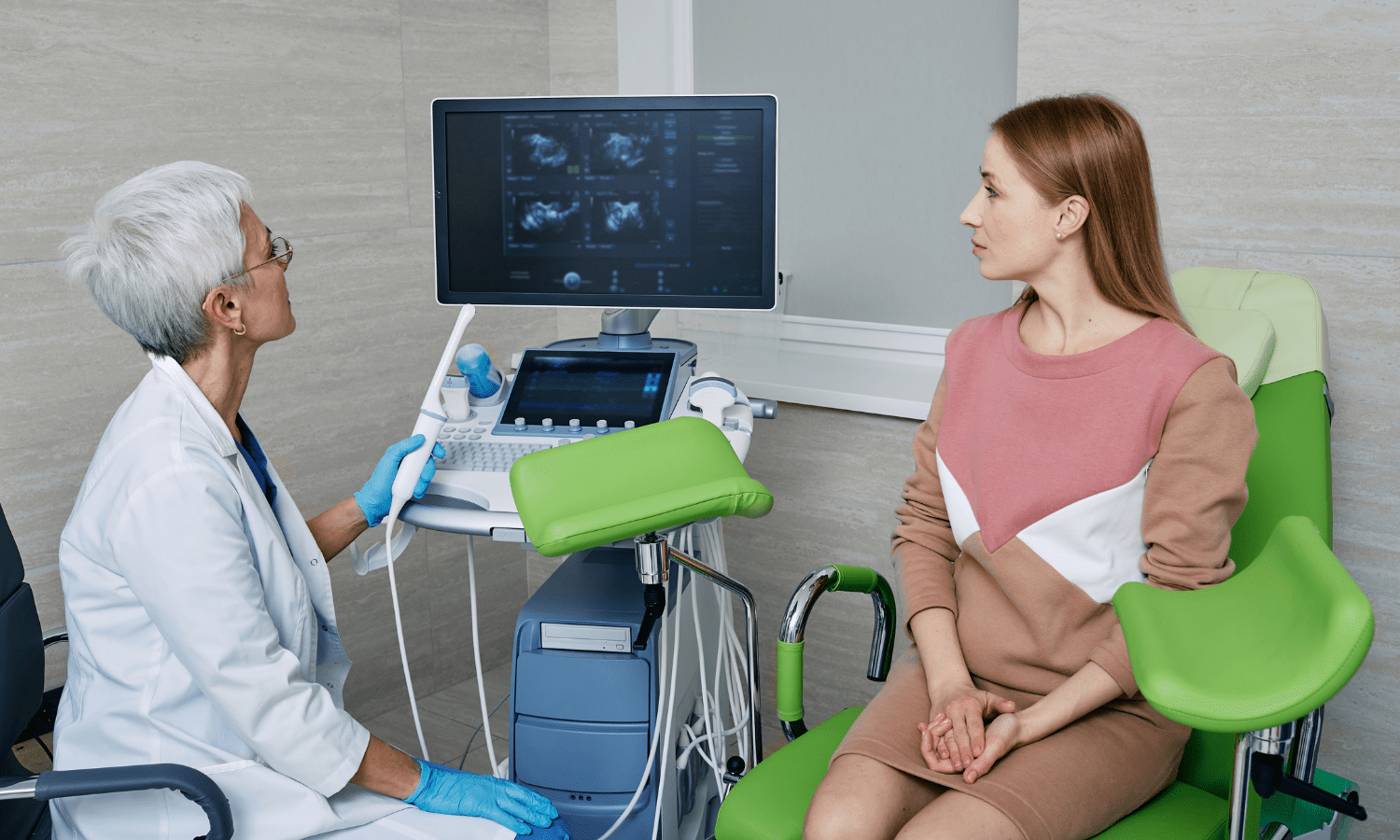Are Uterine Fibroids Genetic?
Did you ever wonder why certain health issues seem more common in some families than others? Well, it's not always about the environment or lifestyle; sometimes, it's in the genes. A prime example of this is uterine fibroids, a widespread gynecological issue affecting countless women worldwide. So, let's delve deep and ask the burning question: Are uterine fibroids genetic? Buckle up as we traverse the DNA helix to answer this question.
What are Uterine Fibroids?
But first, what exactly are uterine fibroids? Imagine tiny, non-cancerous growths appearing in and around your uterus like unwanted guests. These fibroids, or leiomyomas as they're scientifically known, can vary in size from so small they're invisible to the naked eye to so large they distort the shape of the uterus [1]. While many women with fibroids don't experience symptoms, some deal with heavy menstrual bleeding, pelvic pain, and fertility issues.
The Role of Genetics in Uterine Fibroids
Okay, so fibroids are no fun. But why do they show up? Is it something in our genes? According to science, the answer could be yes. Some studies suggest that if your mother or sister has fibroids, you are more likely to have them too [1]. Researchers have discovered that fibroids contain alterations in genes that differ from those in normal uterine muscle cells [2]. Thus, fibroids seem to be an uninvited inheritance, passed down through families.
Genetic Research on Uterine Fibroids
So, what does science say about the link between our genes and uterine fibroids? Some research points to specific genes that might be the culprits. For instance, Medikare and colleagues identified alterations in genes like HMGA2 and MED12 in women with fibroids [2]. The study underscores the importance of genetic factors and their role in fibroid development. It's like piecing together a jigsaw puzzle where genes are the missing pieces that complete the fibroid picture.
Other Risk Factors for Uterine Fibroids
While genes seem to play a pivotal role, other factors can crash the party too. Hormonal imbalances, particularly elevated levels of estrogen and progesterone, can encourage fibroids' growth [1]. Also, age plays a role as fibroids tend to develop during a woman's childbearing years. Furthermore, ethnicity and lifestyle factors such as diet and obesity can influence fibroid risk. So, it's not all about genetics; it's a team effort!
Ready to Take the Next Step?
Concerned about uterine fibroids and their genetic implications? Indiana Vascular is here to guide you. Our experts can provide personalized advice and treatment options tailored to your unique circumstances. Understanding the genetic factors of uterine fibroids can be a significant step towards effective management and treatment. Don't wait to take control of your health. Click here to schedule your consultation with our vascular specialists today. Your health is our priority, and we are committed to providing you with the care and information you need.
Sources
Mayo Clinic. Uterine fibroids - Symptoms and causes. https://www.mayoclinic.org/diseases-conditions/uterine-fibroids/symptoms-causes/syc-20354288#:~:text=Heredity.,increased%20risk%20of%20developing%20them.
Medikare, V., Kandukuri, L. R., Ananthapur, V., Deenadayal, M., & Nallari, P. (2011). The genetic bases of uterine fibroids; a review. Journal of reproduction & infertility, 12(3), 181–191. https://www.ncbi.nlm.nih.gov/pmc/articles/PMC3719293/

